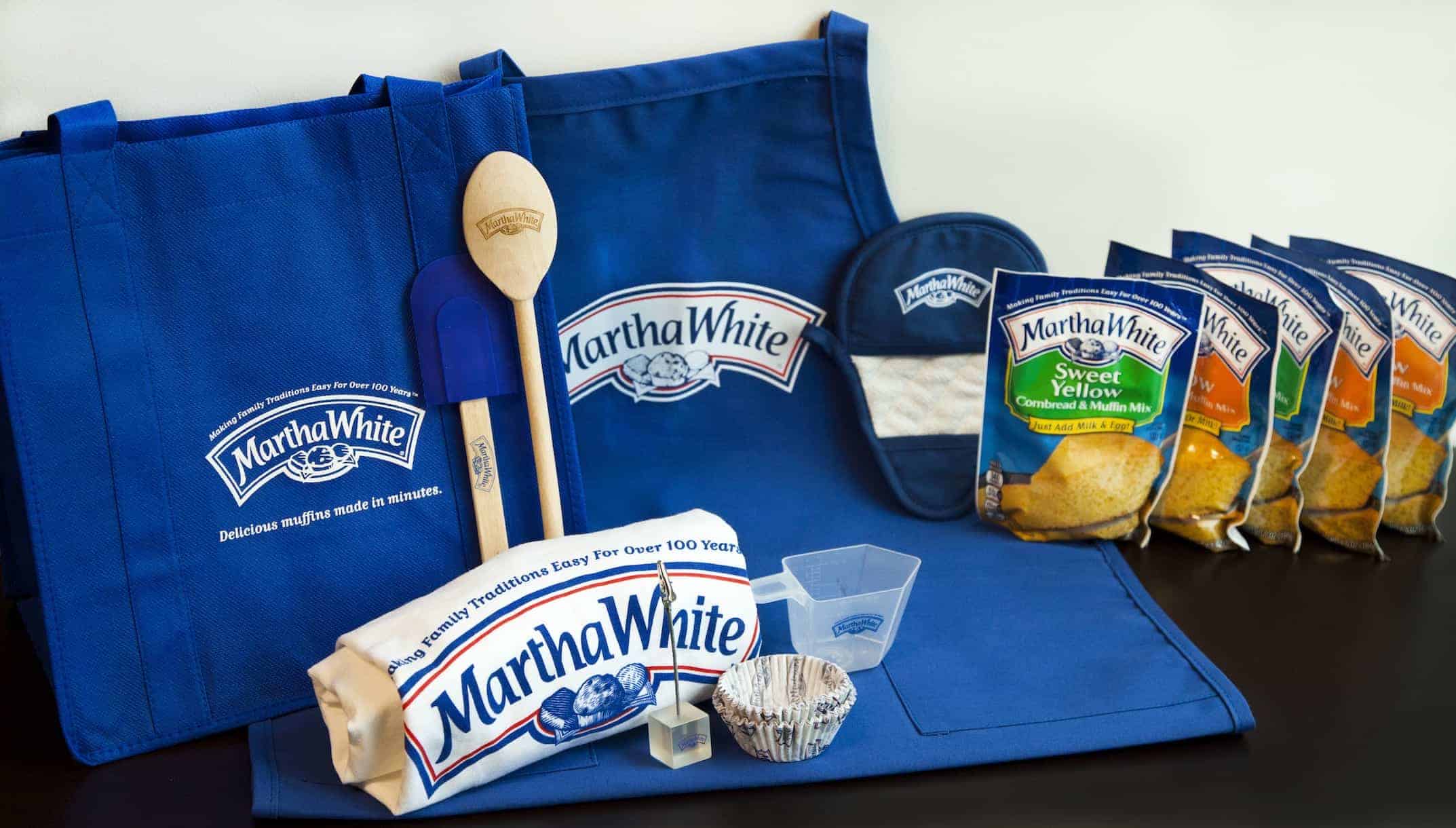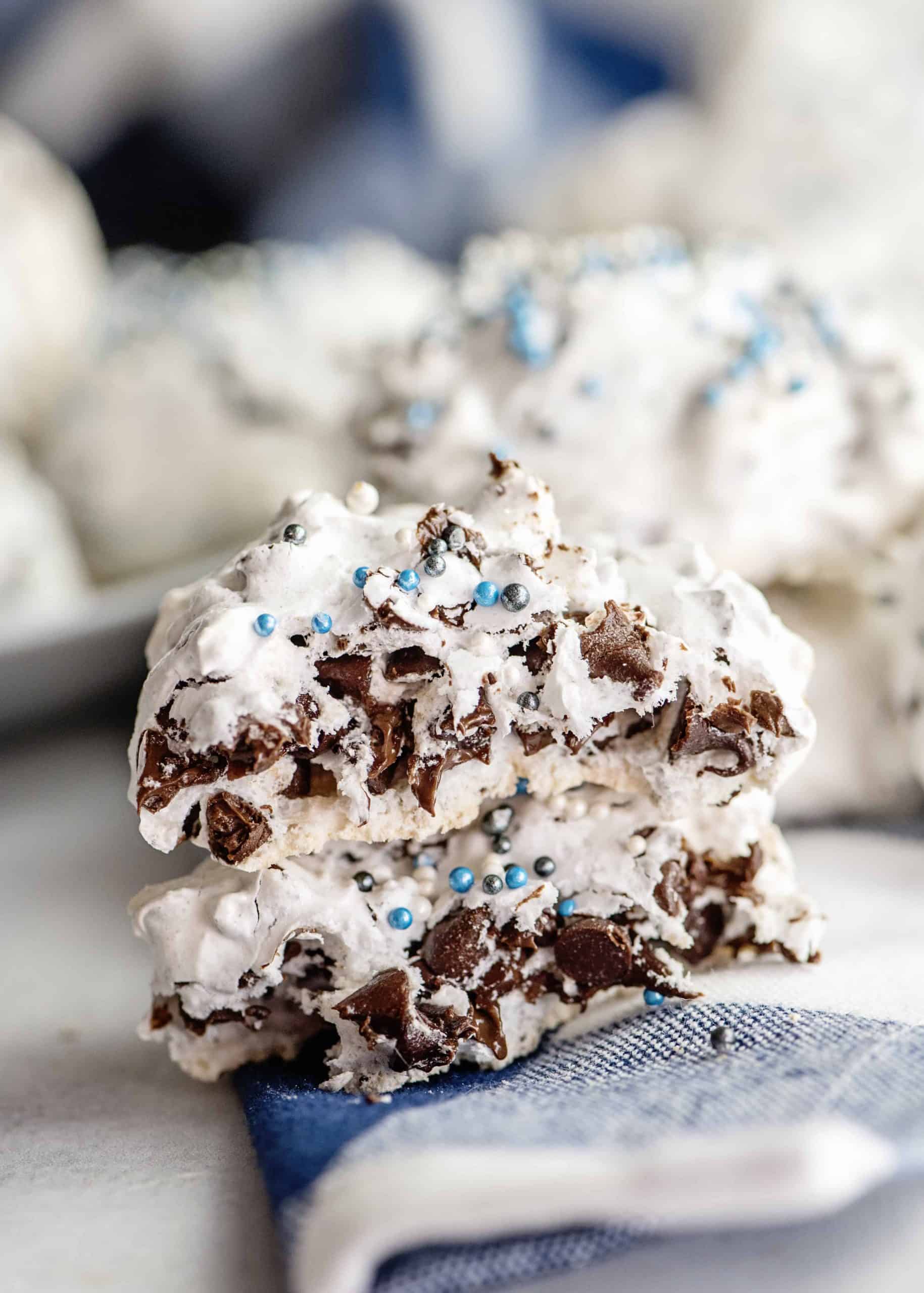Heritage Notes – Gomin’, Warsh, and Subtitles
As an Amazon Associate I earn from qualifying purchases.
Today I’m proud to bring you Mama’s third installment of Heritage Hints and Notes. I know you’ll enjoy it as much as I did. We’d love to hear from you in the comments below and be sure to check out her other Heritage posts by clicking here. Gratefully, Christy

A while back, I happened upon a documentary on Appalachian people. I try not to call Christy when these are on because more often than not they subtitle folks as they talk and nothing gets her riled faster than seeing Southerners subtitled…
This particular documentary really stood out to me, though, because I recognized a lot of phrases used by my grandparents, phrases that I’m often corrected on nowadays because folks simply don’t understand them. As it turns out, the words make perfect sense (and always have), it’s just that they were somewhat foreig – what things were called in England and Scotland years earlier and passed down generation by generation.
A prime example is a phrase I’ve heard all of my life. My grandmother (Lela) always complained that we kids were “A messin’ and a gomin’ ”. I always wondered what “goming” was. A man on the documentary explained that goming was making a real mess or being messy. Brings to mind how we were always in the kitchen fixing us a snack and leaving a mess behind-“goming”.
My grandmother “toted stuff in a paper poke”. Translated that means carrying things in a paper sack. Times were hard and my grandmother carefully folded her used paper pokes to be reused whenever she got any. They were reused until they were soft and floppy. Unknowingly she was practicing saving the earth. Country folk recycled long before it was popular. Every now and then I toss a plastic throwaway container in the trash and I can’t help but pause to think of how my grandmother would have loved and cherished something as simple as a plastic container.
Country people rose with the dawn, worked the fields all day, raised all their own food, and preserved it to feed their families through the winter. They made every piece of clothing their family had and even recycled outgrown clothing into clothes for younger children or quilts to provide warmth on long winter nights. Nothing was wasted. Every scrap, thread, and piece of string was valued and saved.
I am often corrected for saying “warsh” instead of wash. Christy tells me that her kids have told her she is supposed to pronounce her father’s title “Da-dee” instead of “Deh-dee”. We aren’t supposed to say ain’t, pokes, “coo-pun” instead of q-pon and the likes. Often, I am torn between using what I know as proper grammar and holding on to the speech and values of my beloved ancestors. It feels as if I am turning my back on them if I change my ways. On the other hand, if I don’t I am perceived as backwards or uneducated. Many a Southerner (or folks from any region with a specific dialect for that matter) struggle with these same feelings.
From my ancestors, I have learned values, how to work hard, and integrity that no school could ever teach. Just like Northerners speak differently, so do I and I will continue to do so. I am proud to be from great loving hardworking stock. I can never turn my back on my heritage but I will try to tone down the “ain’t” at school assemblies for my grandkids as long as they’ll sit and listen to my stories of the people they come from – I figure that is a fair trade off. It is my hope to pass on the integrity with which my ancestors lived every day. I may sound more like them than future generations will, but I only hope I can be half the person that they were.
When asking my Mother what should I do in a sticky situation, she would answer…
“In your heart of hearts you already know the answer. You just have to listen to your heart.”
~Advice from Dawn Tierney’s mother that Dawn submitted on our Give a Penny Page.






My ancestors would always say “porch-a-lynn” for porcelain. If I don’t catch myself and pronounce it correctly, I will say it my ancestor’s way and someone will always correct me.
Janice, I had to smile with loving thoughts as I read your story about the paper bag and toting things in it. My late husband, Charlie, went to visit his sister, neice and her husband. I got word back from the neice that we needed to get Charlie a “suitcase” (for those who do not know what that is, it is a piece of luggage). You see, Charlie would rather carry his stuff in what he always called a “Winn Dixie” bag and if I was not watching, he would pack whatever he needed in the paper sack and off he would go. So yes, I can relate to your story and I am sure that paper sacks were most likely all his parents had to put things in when he was growning up. By the way, we had a ton of “suitcases,” he just preferred to use the “Winn Dixie” sacks.
I enjoyed going down memory lane with you. God bless you all.
Sugie
I hope someone has heard this and can fill in my memory gaps. My grandparents used to say…something…it was either:
“He’s madder than Tom Armstrong.” or, “He’s madder than Tom Strong.” It meant someone who was raving and very angry. But I can’t remember the exact turn of phrase. Any ideas?
It’s kind of like how everybody knows ol’ Cooter, as in, “Drunk as Cooter Brown.” But for whatever reason, Tom (Arm)Strong hasn’t lived on in infamy as well! 😀
I’m so grateful to hear these wonderful sayings again. I’m the baby of a huge east Tennessee family. All my brothers (6) and sisters (2), aunts, uncles and most of my cousins have all passed away. I’ll be 70 in June. I have lived most of my life in the Pacific NW. However, those wonderful southern sayings have always been so much a part of my life… I cling to them, they are my last link with my childhood.
A couple other sayings that I’ve heard all my life… when someone is cranky and causes a scene, it was called a “hissy fit”…
and better yet, if a woman drank too much or caused a public scene it was always said that she “showed her rear end”… meaning of course she showed a not so pretty side of herself in public.
We called paper sacks “pokes” also. When my family first moved west… my brother went to a store and asked if they had any “brown cows”…. and of course totally confused the storekeeper. It’s actually an ice cream bar, vanilla on the inside, chocolate on the outside. We learned to call them slices when I was a kid.
I think it’s sad that so many things have been lost along the way…… I can’t say we’re all the better for it.
I live in a large metro area surrounded by different cultures and languages. Nothing makes my heart swell more than hearing someone with a southern accent and if they are real deep country sounding…I’ll spend all day talking to them. Makes me miss home and grand-parents.
During my 20’s I worked two jobs to attend college. When ends didn’t quite meet I would ask my Granddaddy for a loan. He would always tell me sure and you don’t have to pay me back. I never mind hoping you out. He said he was hoping me because that meant more than helping me. Thanks for reminding me of him today:)
This coming April I shall be 65. I still on occasion call a creek, a crik or wire warr as in warr wheels on that their car. I just wish I had the knowledge back when I was younger to speak to some of the older generation and experience life as they knew it, but I did not and now it is lost forever. Just like the term redneck very few people know what it originally meant or why it happened.